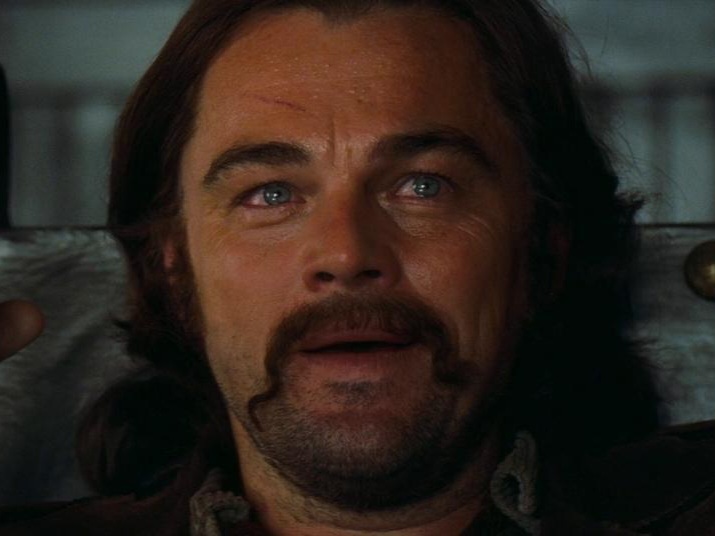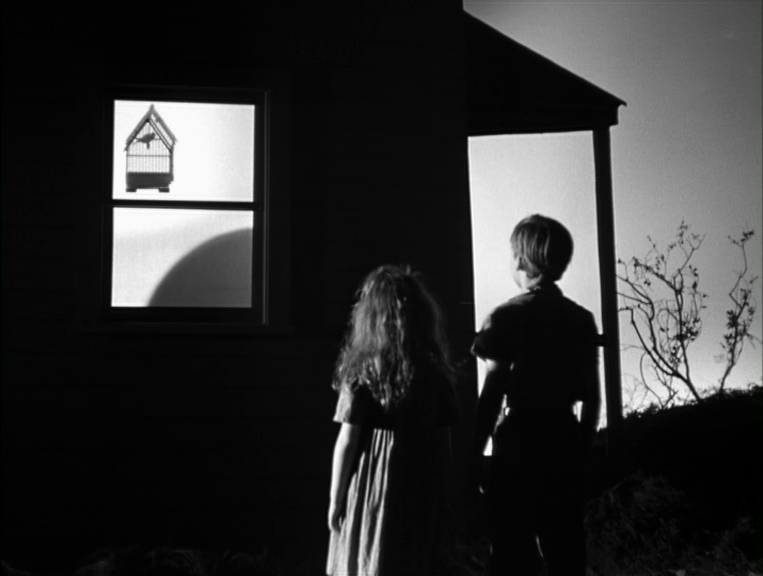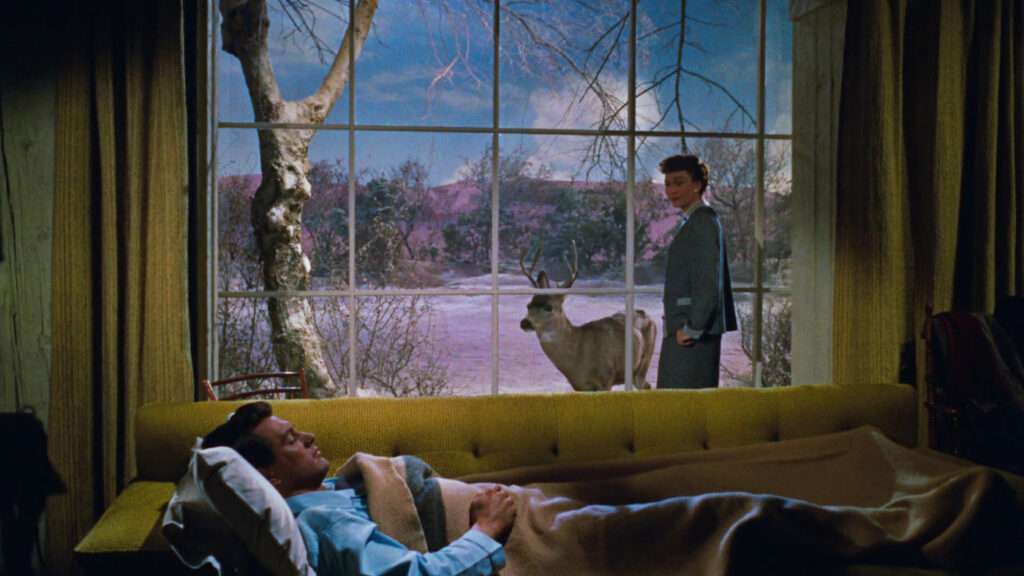Certain films have the power to evoke strong emotional reactions from audiences. Quentin Tarantino’s “Once Upon a Time in Hollywood” is undoubtedly one such film. From its stellar performances to its nostalgic homage to late-’60s Hollywood, the movie keeps viewers engrossed. However, it is the unexpected and audacious ending that surpasses all expectations. In this article, I will recount my personal experience of witnessing the uproarious audience reaction to the ending of “Once Upon a Time in Hollywood” and delving into what makes it so remarkably unforgettable. If you haven’t seen the film yet, a spoiler alert is in place.
To truly appreciate the impact of the film’s ending, it is essential to understand the context and build-up leading to that climactic moment. Set in 1969 Los Angeles, the film follows fading TV star Rick Dalton (Leonardo DiCaprio) and his stunt double Cliff Booth (Brad Pitt) as they navigate through the changing landscape of the entertainment industry. Parallel to this story, the film introduces Sharon Tate (Margot Robbie), a rising starlet living next door to Dalton.
The Tension Builds
As the film progresses, Tarantino masterfully builds tension, foreshadowing the brutal events that unfolded on August 8, 1969 – the night of the Manson Family murders. The eerie atmosphere created through cinematography, music, and subtle hints leaves audiences on edge, anxiously awaiting the fateful encounter.
Unexpected Plot Twist
However, in a brilliant twist of alternate history, Tarantino diverts from reality and provides a cathartic release from the impending tragedy. As the Manson Family members approach the house, they encounter an intoxicated Dalton, causing them to rethink their original plan. On the tune “You Keep Me Hanging On” by Vanilla Fudge, they break into the house, finding a Cliff high on acid, and his dog chilling on a couch. This catches them off guard since Cliff can’t take them seriously due to his altered state. He mocks them while being held at gunpoint, but when they don’t pay attention for just a moment, he takes his shot. He commands his dog to attack them, throws a can of dog food to another member and beats a third viciously against a telephone. Despite being high on acid, Cliff has full control over the situation, leading to a hilarious and extremely violent end for the Manson Family members.
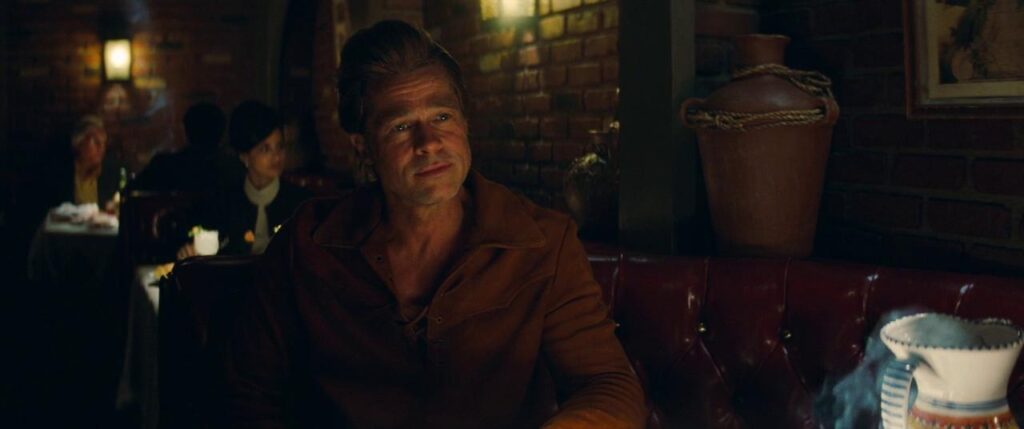
The Uproarious Audience Reaction
Despite the shocking violence, the ending triggers an outpouring of laughter and applause from the audience. It is a moment of unexpected triumph, as the film’s protagonists, inspired by real-life figures, are given a chance to rewrite history. This reaction is rooted in a mixture of relief, vindication, and sheer joy, as Tarantino expertly subverts audience expectations and delivers a satisfying conclusion.
Tarantino’s skillful manipulation of tension and suspense throughout the film leads to a buildup of anxiety and dread. The unexpected turn of events diffuses this tension, allowing audiences to experience a palpable sense of relief and release. The violent demise of the Manson Family members, who are depicted as deranged and menacing, brings catharsis and closure to the narrative.
Sympathetic Characters
Tarantino’s portrayal of Dalton and Booth as flawed yet sympathetic characters resonates with audiences. Their victory over the Manson Family feels vindicating, as it allows viewers to witness justice served in a world marred by real-life tragedy. Additionally, the film’s homage to the fading golden era of Hollywood, with its iconic characters and settings, taps into a deep sense of nostalgia. Seeing these characters triumph against the odds elicits a powerful emotional response.
Tarantino’s films are known for their unique blend of violence and dark humor. The unexpected and over-the-top violence of the ending, paired with clever dialogue and comedic timing, prompts laughter even in the midst of shocking brutality. This skillful combination creates an unpredictable and thrilling experience that resonates with audiences.
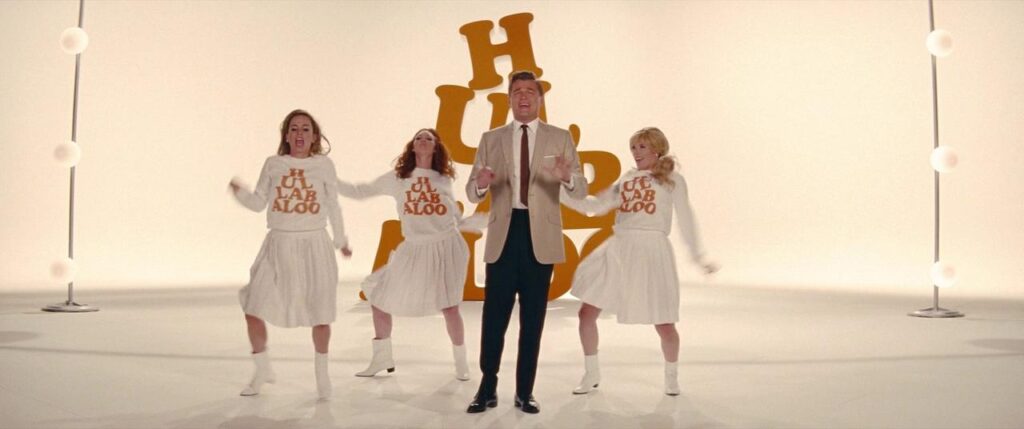
Conclusion
The ending of “Once Upon a Time in Hollywood” defies conventions and leaves an indelible mark on viewers. Quentin Tarantino’s audacious decision to alter historical events and provide a cathartic release through dark humor and unexpected triumph is a testament to his mastery as a filmmaker. The uproarious audience reaction generated by this ending is a testament to the emotional impact and groundbreaking storytelling that solidifies Tarantino’s status as a true cinematic genius.
By subverting expectations and offering a surprising alternative history, “Once Upon a Time in Hollywood” transcends the boundaries of traditional storytelling and creates an unforgettable experience for audiences. The film’s ability to incite a rollercoaster of emotions, from tension and anxiety to relief and laughter, cements its place as a remarkable piece of cinema.

